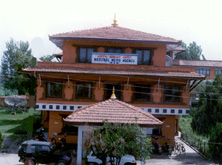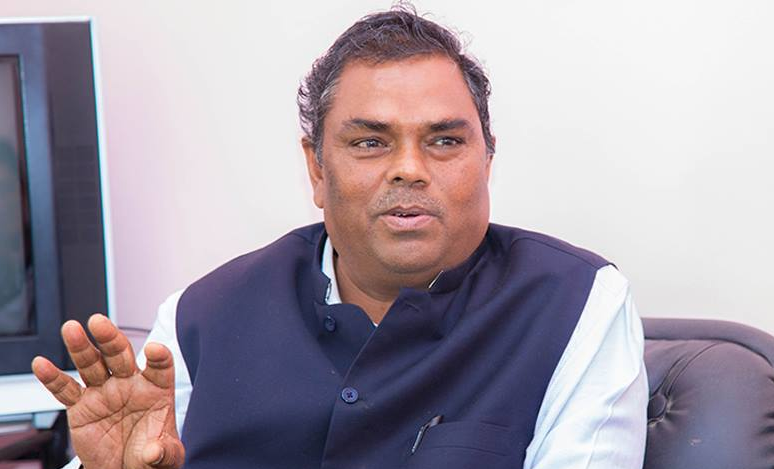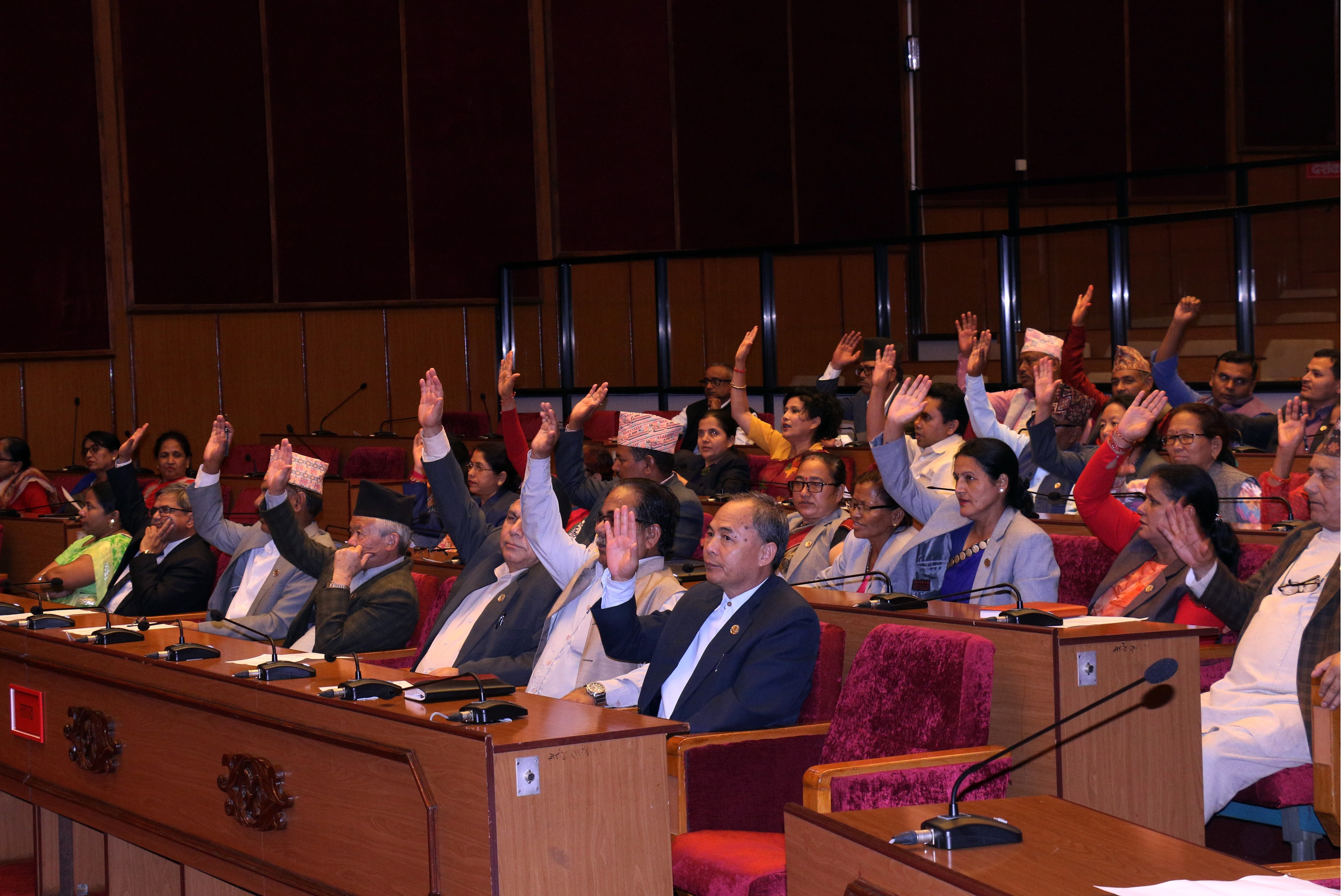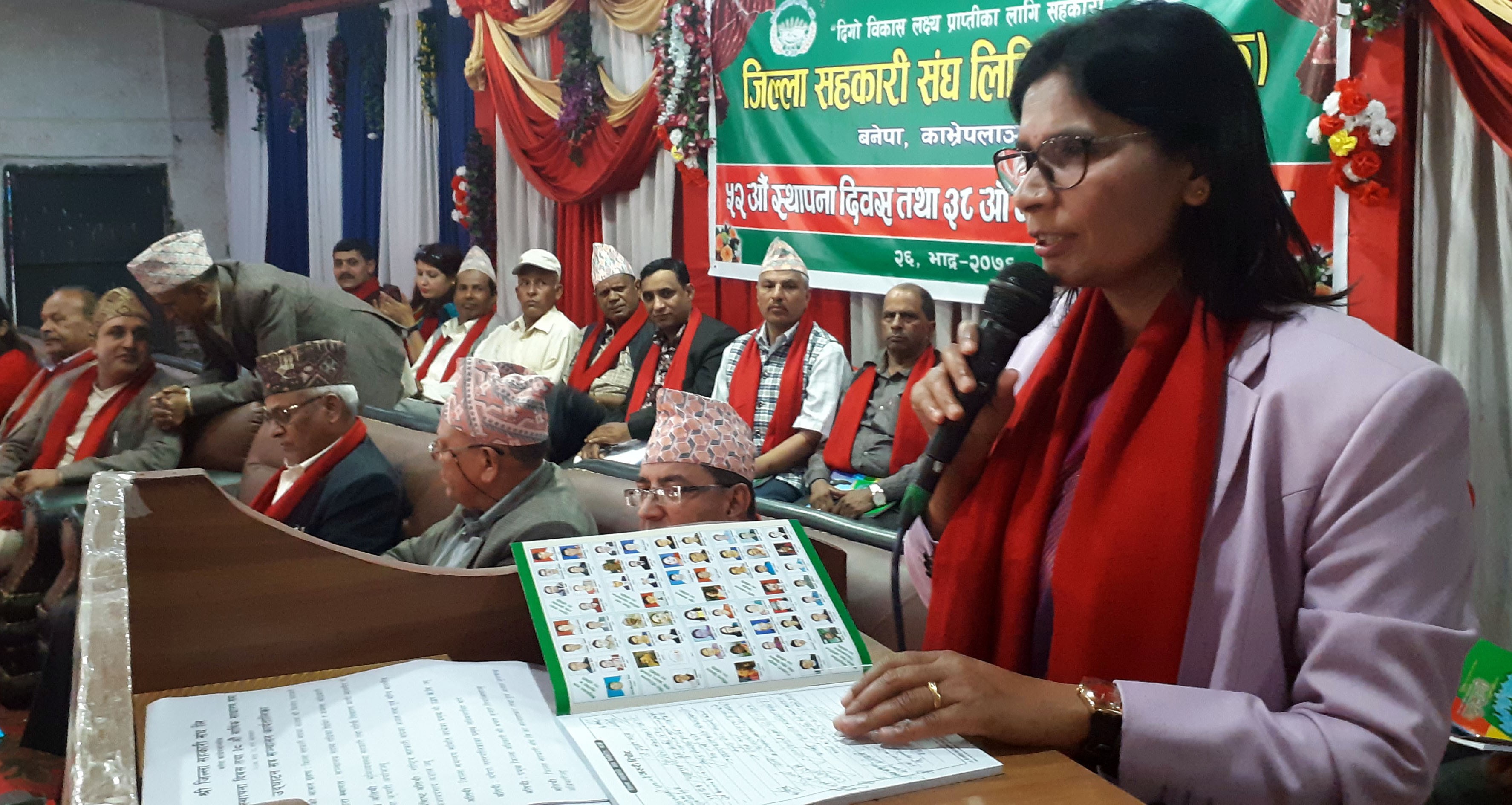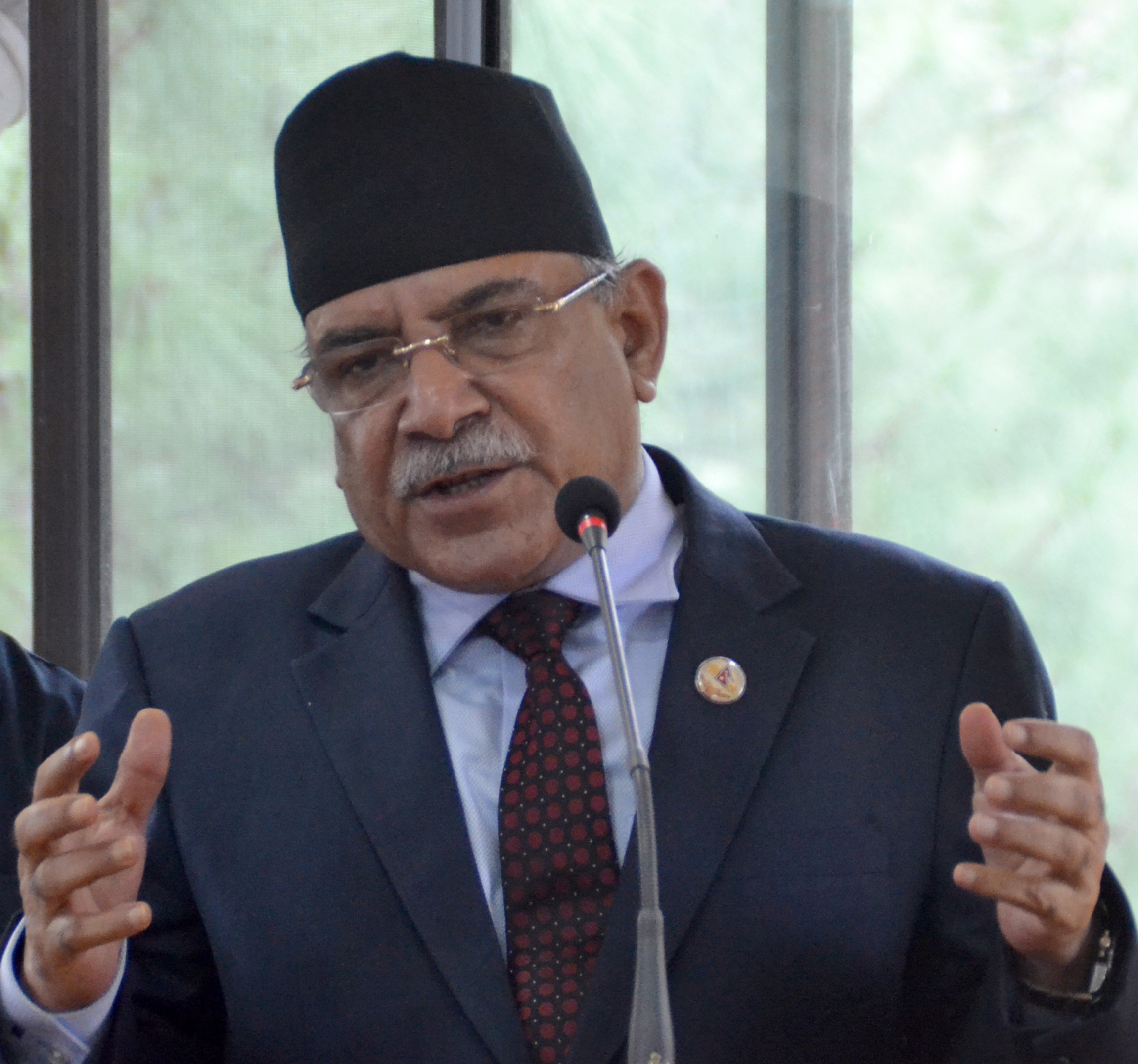China wants to see no anti-China activities from Nepali territory: former Minister Pandey
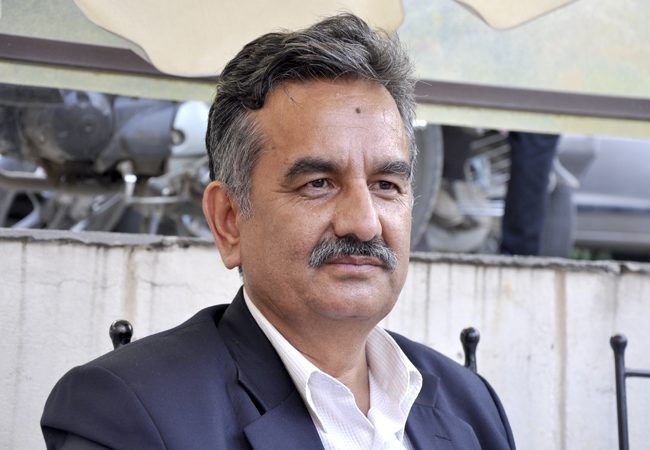
Kathmandu, Oct 11: Nepal Communist Party (NCP) leader and former Finance Minister Surendra Prasad Pandey is cognizant of nation's economic affairs.
RSS correspondent Narayan Dhungana had a catch-up with him for his views in regard with Chinese President Xi Jinping's two-day Nepal visit beginning from tomorrow, its mutual relations with Nepal and possible contribution to Nepal's economic development.
As the former Finance Minister said the Nepal and China enjoy century-old relations. There are abundant possibilities ahead in this relation with China.
There should be our in-depth study about how to reap benefits from our two neighbours including the latest economic progress of China.
According to him, interest of Nepal should be kept in the centre while dealing with the bilateral relations. The concerns of neighbour should be well analysed.
China wants to see no anti-China activities from Nepali territory.
Nepal realising the Chinese sentiment has adopted a one-China policy since long. Nepal should develop the relations with China with much understanding and rational thinking.
Through the Belt and Road Initiative (BRI) launched by China in 2013, China wishes to escalate its latest development and economic influence and share its benefits with the nations concerned as well.
Under the BRI came as an around 1000 billion dollar project, Chinese have established a resource fund 400 billion dolor.
The government of China and Chinese private companies may bring Chinese investment into Nepal and we should not have a perspective that they will give us without cost and we will get benefits free.
Our focus should be on reaping benefits from such possible investment by increasing employment opportunities, promoting internal production, accelerating infrastructure development, increasing efficiency of domestic investors and protecting areas of investment for them.
We have opened many sectors for foreign investment.
It is either hydropower or industrial sector or environmental-friendly automobile. However, foreign investment in agriculture has been ceased.
Sharing his idea about Nepal's commitment so far and preparations in regard with the BRI, he said we are already ahead in talks, but behind in terms of performance. We are yet to realise about our potentiality. We pretend like we know the world. But, we are not able to translate basic things into action.
For example, underground passage is needed due to our geographical structure, but we do not have engineer to design such big projects. All hydro consultants at present are hired from outside the country.
No doubt, a high-level visit from China is taking place in Nepal after a long gap. Nepal should prove it able to secure benefits from this visit. I
t is wrong if there is an understanding that they are coming to give us and we should just hope for charity.
The nature of Chinese assistance is diverse: It may be loan assistance, may be a combined from of loan and grant or it may be beyond that from which Nepal may wish to take benefits from Chinese investment and the government is supposed to create favourable atmosphere for the same or creating a situation conducive for taking earnings back to home.
In some cases, investment is not made directly by the government.
The government plays an indirect role in it. The expansion of job-creating industries is the great need of Nepal.
Presently four million Nepalis are outside the country for jobs and until industries capable of generating employment opportunities are established in Nepal, the need remains unfulfilled.
Time demands Nepal to produce more and more. Only the construction of roadways is not enough.
There should be things to take via the road to sell in the market. Our goal should be on increasing domestic production at least to stop import. Plans should be formulated accordingly.
The former Finance Minister said first and foremost Nepal's international connectivity will find a new height by the establishment of a railway via Kathmandu-Rasuwagadhi.
If possible, we can wish that China will construct it in grants. If not possible, it can be implemented with more grants and less loan or on a 50-50 investment model.
If the project is implemented, it will support Nepal largely in export and import. Beside this, other projects should be in our priority.
Seeking assistance is required, but it should not be sought in small and minor projects. We should not believe the donor will totally sponsor the project. W
e should request for assistance on the basis of priorities.
Secondly, they can invest in hydropower or electric vehicles.
Nepal spends much in the purchase of automobiles from abroad. We do not have our manufacturing.
Diesel and petro automobiles are being replaced by electric vehicles in the future.
If the production of such vehicles can start right now, in future the production can replace import.
Third, our focus should be on universities or knowledge handover sector.
So our discussions should be guided by the principle of far-sighted business visit.
Recent News

Do not make expressions casting dout on election: EC
14 Apr, 2022
CM Bhatta says may New Year 2079 BS inspire positive thinking
14 Apr, 2022
Three new cases, 44 recoveries in 24 hours
14 Apr, 2022
689 climbers of 84 teams so far acquire permits for climbing various peaks this spring season
14 Apr, 2022
How the rising cost of living crisis is impacting Nepal
14 Apr, 2022
US military confirms an interstellar meteor collided with Earth
14 Apr, 2022
Valneva Covid vaccine approved for use in UK
14 Apr, 2022
Chair Prachanda highlights need of unity among Maoist, Communist forces
14 Apr, 2022
Ranbir Kapoor and Alia Bhatt: Bollywood toasts star couple on wedding
14 Apr, 2022
President Bhandari confers decorations (Photo Feature)
14 Apr, 2022
